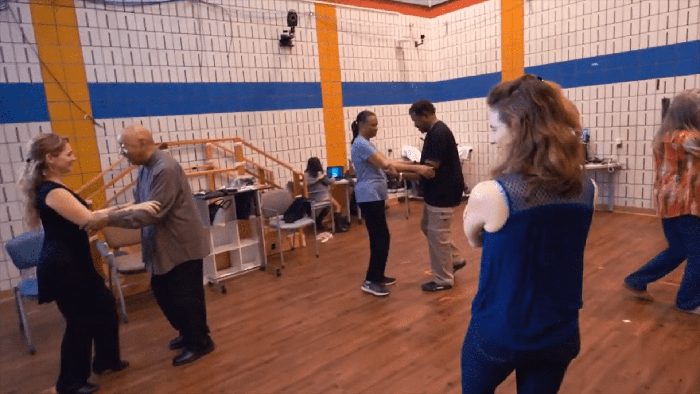A TBI can cause a wide range of issues, challenges, and even disabilities – from paralysis to speech difficulties. In Russell’s case, he didn’t lose function of his limbs, but he did experience issues with:
- Attention
- Sleep
- Severe vertigo
- Memory
- Speech
Fortunately for Russell – and many who experience a TBI – there are ways to help encourage healing. That typically starts with medication to help control or address symptoms caused by the damage to the brain.
Individuals with TBI may be prescribed medication to help manage, treat, or regulate:
- Attention issues
- Sleep cycles
- Debilitating headaches
- Dizziness
- Forgetfulness
- Depression
- Thinking that feels slower
“Medications support the brain and the person and make intense physical and cognitive rehabilitation more effective,” states Dr. Burke.
Rehabilitation helps retrain or reorganize the brain to, hopefully, make everyday tasks a little easier. Therapy may include:
- Physical therapy
- Occupational therapy
- Speech therapy
- Vestibular therapy
- Resilience in Recovery
Another key determinant in recovery sometimes comes down to something you can’t see in an imaging scan or test result. It is resilience and the willingness to focus on the positive to overcome a negative situation.
“The more you attempt to work on what has been damaged, the more likely the brain will reorganize,” Dr. Burke says. “In Russell’s case, he was the most motivated guy you will meet.”
One simple way Russell stays grounded is with gratitude stones.
“I have a little stone that I put in my pocket and every time I touch it, I think of something to be grateful for,” he shares.
Dr. Burke encourages all his patients to adopt such a positive outlook.





